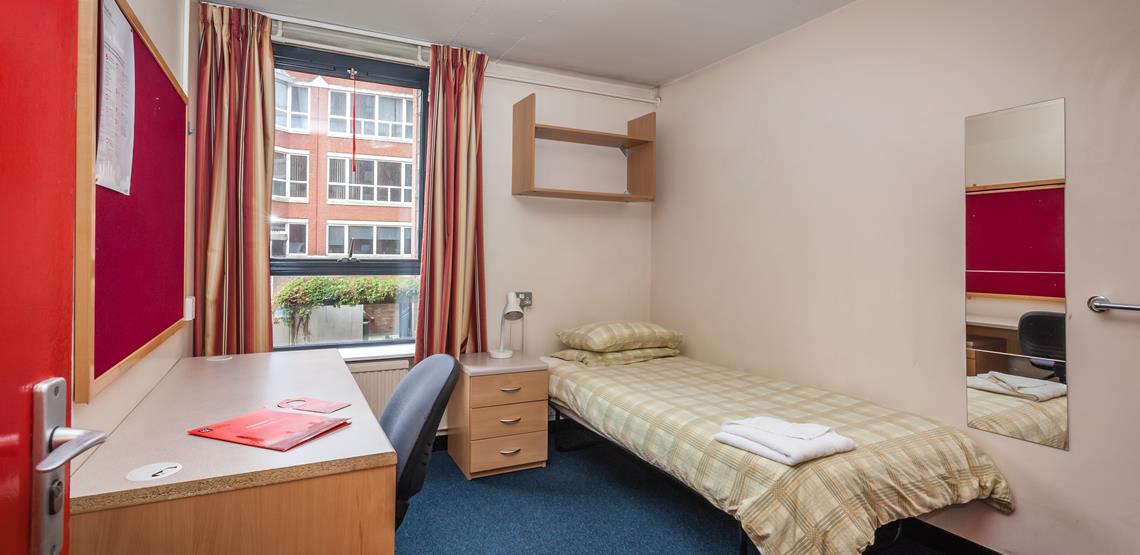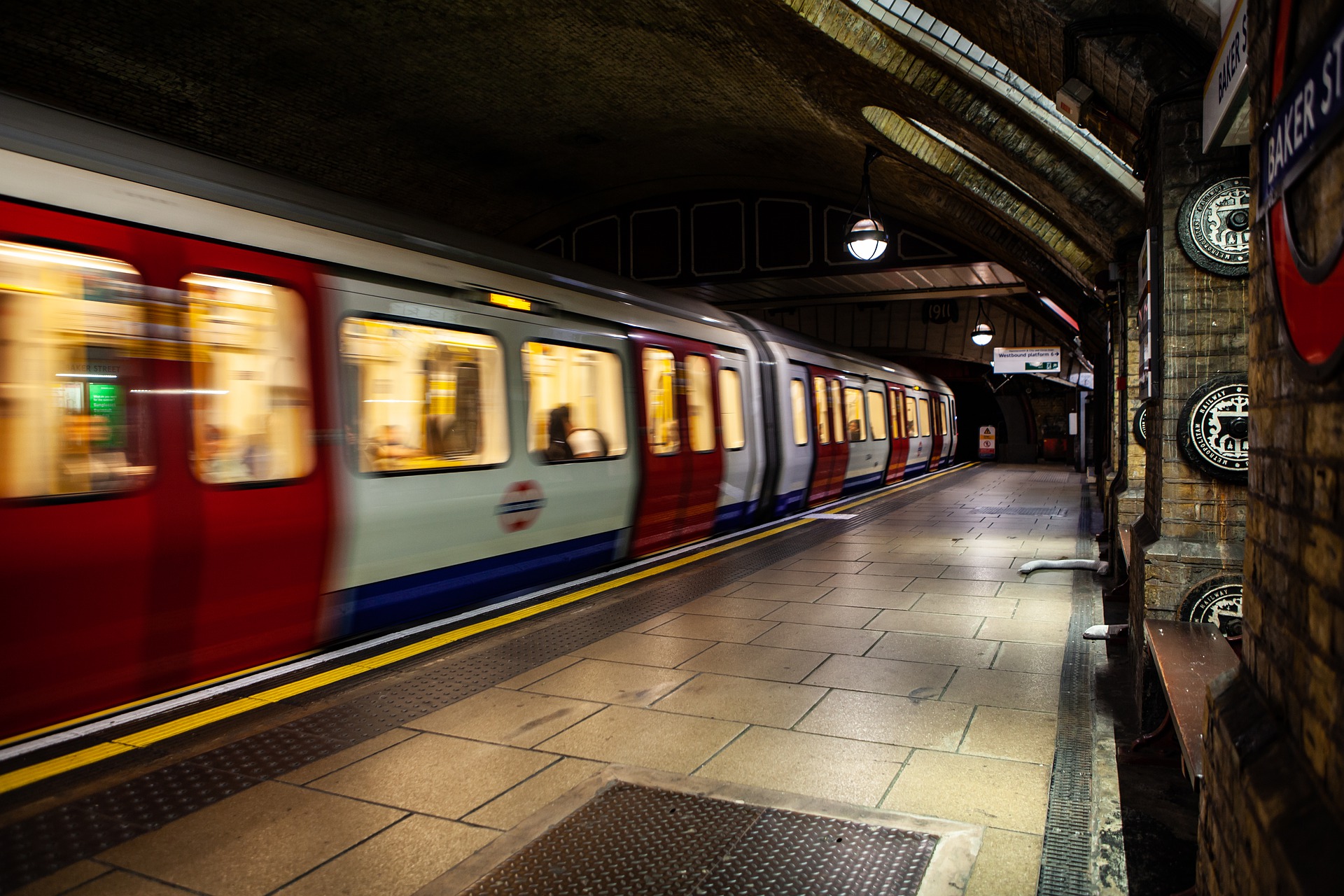Living in London for the past four years and for a few more to come, I’ve come to learn that flat hunting is not all that easy, and it certainly is not stress-free.
The first time I had to look for a flat was in the middle of the COVID-19 pandemic, which meant that the process was slightly different. Now coming out of COVID, I’ve had to look for a new place again. Since I know first-hand how stressful it can be to look for a flat, I want to share some tips that I learned from both experiences.
Start early
Searching for the place where you’re going to live is not something to postpone to the last minute. My first tip is to start early. To be precise, I would recommend starting about three months before you move. I am looking to move in August, so I started looking at the beginning of June and found many properties that would be available at the end of July. As many agents told me over the phone, these properties are now being let out quite quickly, so it makes sense to look earlier rather than later.
Where to search?
A big question you might have, especially if you’re doing this for the first time, is where to start your search? The three websites that I have found the most useful and fruitful are Rightmove, Zoopla and OpenRent. The current flat that I am in and have happily lived at for the past two years was found on OpenRent. Of course, you can also contact real estate agencies directly. In this case, you will need to communicate what you are looking for to an agent who will search their listings on your behalf. Beware: you may get a lot of phone calls and emails filling your inbox on various properties. This is a necessary annoyance while you search for a place.
What do you want?
In order to make the most of an agent, you should think about what you want in the place where you live and build a list of must-haves and deal breakers. For example, I’ve learned through my downstairs neighbours that ground floor flats are more prone to rodents than upper-level flats. One must-have for many students is that the furnishings stay with the flat. These kinds of criteria can help narrow your search more so you spend your time more efficiently.
Viewings
When you finally do enquire about a property or book a viewing, you may find out that the property you were interested in has already been let. This could be because someone moved fast on the property or the agency has not yet taken down the listing, but in any case, the agency in charge will call and let you know. If it has been let, they will most likely suggest some other properties that are similar to the one you expressed interest in.
For the actual viewing process, I would always recommend in person viewings. Video viewings are adequate if they are your only option, but they don’t measure up to being there in person. If you are in person, you can test things like the lights and faucets (with the tenants’ and agent’s permission) to ensure that everything works. It also gives you a better idea of the size of the flat than video would. Don’t be surprised if it’s a bit smaller than what you thought it would be; listing photos are usually taken with a wide angle lens. Additionally, make sure to ask questions during your viewing to the agent showing you the flat. If the tenants are present, you may be able to ask them questions too. They may even provide more honest answers as they’ve actually lived in the place, so they can speak to noise level, neighbours, etc.
A good list of questions is:
- How does registering for utilities work? Do you have any recommended providers?
- How is the noise level and does the area/street get busy?
- Do you feel safe living in this area of London?
- If there is a problem with the flat, will I be communicating this with the landlord or a property management company?
- What are the nearest transportation spots?
- What is the neighbourhood like (nearest grocery stores, post offices, etc)?
- How long of a let is the landlord looking for?
There are many other questions that you can ask, but I would say this list is a good starting point. Once you find the place you like, ask the agent what a good offer looks like and put one in. You will be asked to pay a holding deposit which is usually one week to one month’s rent. This will only be taken out of your account if your offer is accepted, but if your offer is accepted and you decide you no longer want the flat, you will have to pay it as somewhat of a “penalty”. When your offer gets accepted, you will need to collect several documents: passport/visa, student registration letter, proof of sufficient funds, and possibly utility bills or proof of current address. Make sure you have these documents or at least know how to obtain them to make this part of the process as smooth as possible for yourself.
Most of the legwork is done at this point, and you can look forward to getting the keys to your new place and making it your own. If you are ever confused while looking for a flat, LSE has a webpage dedicated to finding accommodation with resources on understanding contracts and other details about living in London. Good luck!






